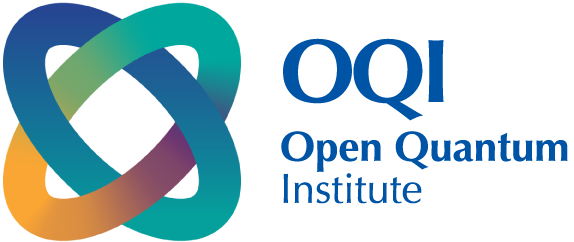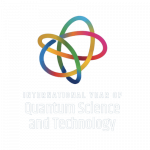Exploring international cooperation at CERN during Geneva Science Diplomacy Week 2025
13th May 2025
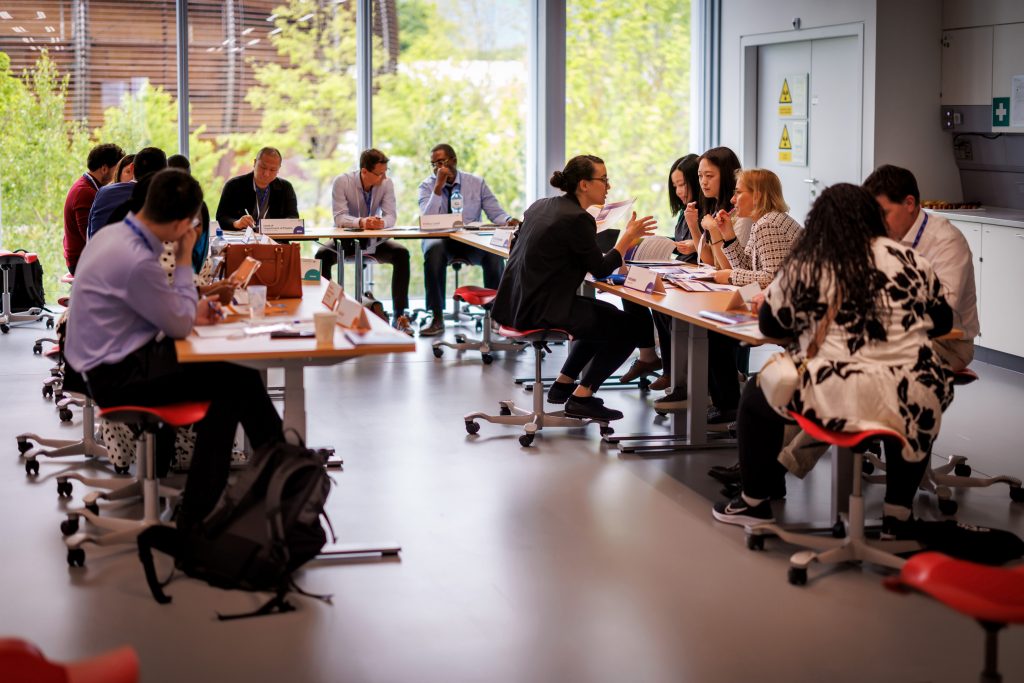
Photo by Marc Bader
From 5-9 May 2025, the Geneva Science Diplomacy Week—organised by the Geneva Science Diplomacy Anticipator (GESDA)—brought together 36 global participants—including scientists, diplomats, policymakers, entrepreneurs, funders and citizens—to explore how science diplomacy can contribute to shaping a more inclusive future.
On day four of the programme, participants visited CERN to explore the Organization’s history and positioning at the intersection between science and diplomacy. The morning began with an introduction to CERN’s long standing history of international collaboration, with Archana Sharma, Senior Advisor for Relations with International Organisations at CERN, setting the stage. Charlotte Warakaulle, CERN’s Director of International Relations, explored how CERN is bridging science and diplomacy, through the main pillars of education and training, technology and innovation, research and collaboration.
Her talk highlighted CERN’s alignment with the UN Sustainable Development Goals (SDGs), focusing on key areas such as health, education, gender, energy and international cooperation. The Open Quantum Institute (OQI) was showcased as a practical example, outlining our work towards inclusive and equitable development of quantum computing.
Participants also heard from Pippa Wells, Deputy Director for Research and Computing at CERN, who offered insights into CERN’s governance model and structure of its experiments and emphasised the Organization’s commitment to shared scientific advancements. Giovanni Anelli, Head of Knowledge Transfer Group at CERN, rounded off the morning sessions, exploring the impact of fundamental research at CERN on society and presenting examples of medical applications and technologies being developed at CERN—emphasising the role of open science and knowledge exchange in accelerating progress towards the SDGs.
A Q&A session with the speakers provided participants with the opportunity to ask questions and find out more about CERN’s commitment to open science and international cooperation.
The afternoon brought theory into practice with the Quantum Diplomacy Game—an interactive role play game immersing participants in a fictional future scenario, simulating the challenges and opportunities for common good. Designed to promote science diplomacy, the game aims to raise awareness and anticipation of the geopolitical implications of quantum computing as an emerging technology.
Bringing the day to a close, visits to the CERN Data Centre and the Antimatter Factor gave participants a closer look into the science and infrastructure happening at CERN.
The Quantum Diplomacy Game will be played globally across all continents throughout the International Year of Quantum in 2025. Find out more about the game and how you can get involved!
